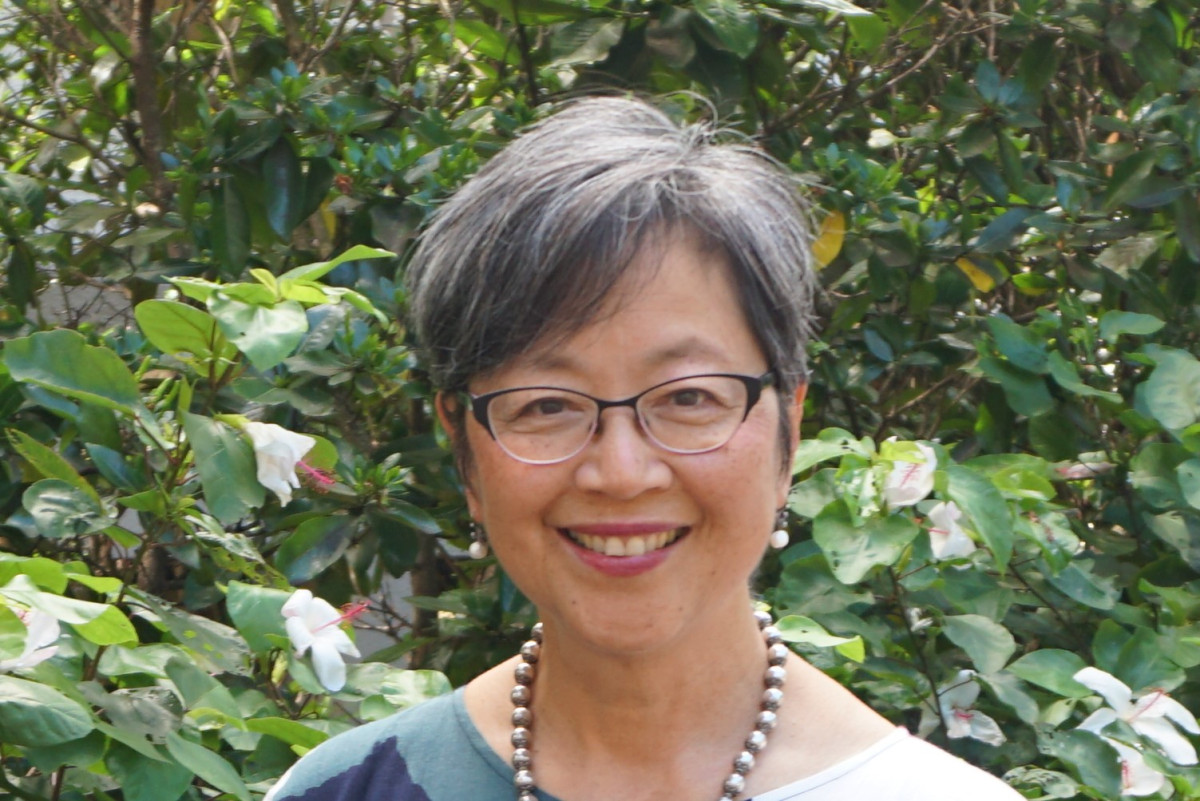
Jet-Age Nationhood: Pan American World Airways as Postwar Japan

Register for the Zoom webinar at: https://myumi.ch/D8z9M
When Pan American Airways began regular commercial service to Tokyo in 1947, it caused a tremendous stir in Occupied Japan (1945-1952). Although Pan Am was not the first American carrier to fly to Japan, the airline brought prestige and influence unmatched by any other in the world. Pan Am’s Jet Age became Japan’s as well. Based upon interviews, archival research, and media analysis, this talk examines the airline’s activities in Japan from 1947 through 1986, when Pan Am sold its Pacific routes to United Airlines and subsequently went bankrupt in 1991. Professor Yano will examine both the role of Japan within Pan Am’s business strategy and the role of Pan Am in establishing Japan’s own “Jet-Age nationhood.” What did Japan’s Jet-Age nationhood look like, and how did Pan Am help shape it? The intertwining of Pan Am and Japan during the postwar years served as a critical cross-national bond, as an American corporation within the Japanese political sphere. Pan Am thus became Japan’s global icon, through its dominance of the international airline industry and its domestic media presence.
Christine R. Yano has conducted research on Japan and Japanese Americans with a focus on popular culture. Her publications include Tears of Longing: Nostalgia and the Nation in Japanese Popular Song (Harvard, 2002), Crowning the Nice Girl; Gender, Ethnicity, and Culture in Hawaii’s Cherry Blossom Festival (Hawaii, 2006), Airborne Dreams: “Nisei” Stewardesses and Pan American World Airways (Duke, 2011), and Pink Globalization: Hello Kitty and its Trek Across the Pacific (Duke, 2013). In 2020-2021, she served as the President of the Association for Asian Studies, and in 2024-2026, she serves as President of the Society for East Asian Anthropology.
Please note: This lecture will be held in person and virtually on Zoom. The webinar is free and open to the public, but registration is required. Once you've registered, joining information will be sent to your email.
This lecture is made possible with the generous support of the U.S. Department of Education Title VI grant.